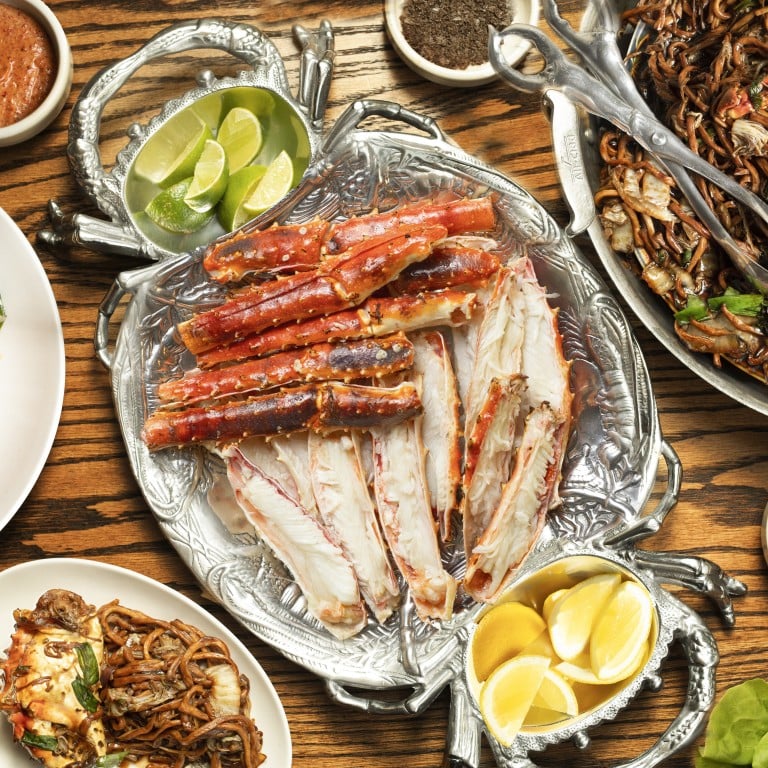Is Singapore the next big dining destination? A new crop of chefs are working at Michelin-starred restaurants like Noma and Ultraviolet, then opening their own establishments back home

- Unlike Chinese, Japanese, Korean or Thai cuisine, ethnic Singaporean food still lacks a strong presence on the international stage – but that might be changing
- Max Ng introduced dishes like sambal belacan to Momofuku Ssäm Bar in New York, while Kenneth Foong debuted at René Redzepi’s New Nordic restaurant Noma
In October 2020, 31-year-old Singaporean Kenneth Foong became head chef at Noma, Copenhagen, a restaurant that has been ranked number one on the World’s 50 Best Restaurants list four times between 2010 and 2014.
“Landing an internship at Noma was not difficult,” says Foong, who was otherwise considering pursuing a major in jazz performance at the Berklee College of Music. “I was going into it with a fairly loaded resume.”

Before leaving for greener pastures in Copenhagen, the graduate of the Culinary Institute of America, New York, spent five years working in the Big Apple before returning home to Singapore, joining the now defunct Restaurant Andre as sous chef for two years and then heading up Cure.
“After having worked at Restaurant Andre, I understood the importance of gaining perspective,” Foong explains. “It was something that could never be achieved by choosing to stay put in one place.”

Having gained that realisation, in 2018 Foong debuted as an intern in the trailblazing New Nordic restaurant by René Redzepi. Just three months later he was made chef de partie, before his further promotion to head chef in October.
“Kenneth is smart and knows his way around people from different cultures,” Rezepi says, noting the importance of cultural EQ as something important at Noma. “He’s also a beast in the kitchen – precise, very quick, and he has an excellent palate.”
While Foong’s glass ceiling-breaking achievement overseas is seen as pioneering, he is not alone.